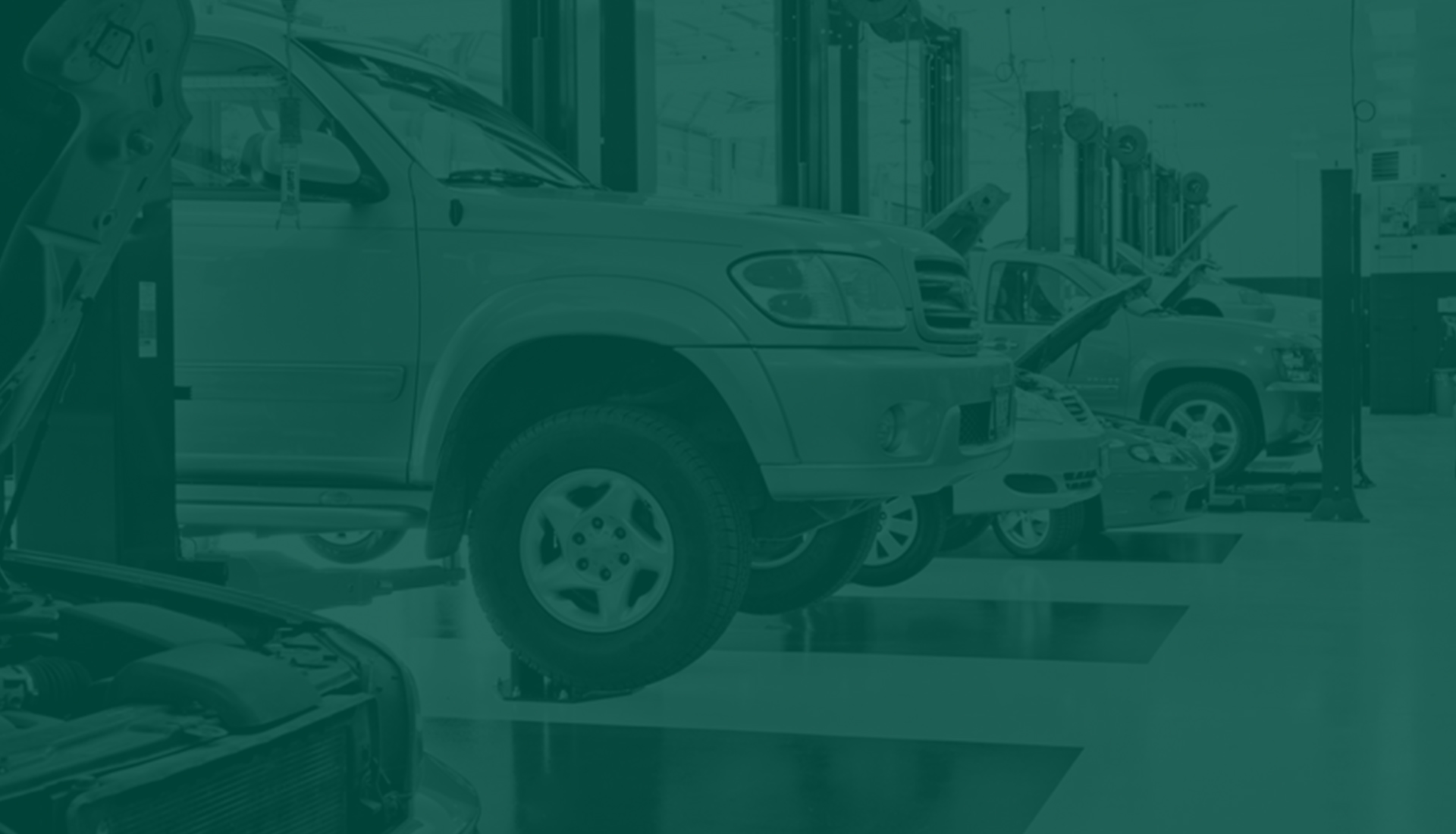
5 Basic Automotive Terms Every Driver In North Richland Hills Should Know
Fully understanding basic automotive terminology is essential to receiving the right car repair. When the mechanic at your auto repair shop is making service and maintenance recommendations, fundamental knowledge of automotive jargon will help you make the right choice and could save you the cost of unnecessary repairs.
To keep our customers (and their wallets) no matter where their car is taken, here are 5 vital car terms every driver should know.
1. Dipstick
The ASE-certified technician will pull out your dipstick to visually check the level and quality of the liquid as well as determine whether you need an oil change (or to replace another fluid).
2. Spark Plug
When your key turns in the ignition, the spark plug ignites the fuel-air mixture and powers the engine. However, a burnt-out spark plug will not properly ignite. Likewise, a spark plug covered in water could flood the engine.
3. [Battery] Corrosion
If water sits on the outside casing, your battery can quickly corrode. Leaking acid and rust built up under the hood also causes corrosion. A corroded battery will not function properly and could lead to a dead engine.
4. Brake Pad
Over time, your brake pads wear out. When our ASE-certified professionals check your brake system, they’ll inspect the brake pads’ thickness. This ensures they’re the proper width to effectively (and safely) stop your car.
5. Timing Belt
The timing belt is covered in bumps, operates the camshaft, is usually made of reinforced rubber, and is responsible for opening and closing valves at the proper time. The camshaft is an essential moving component to any combustion engine.

[1].jpg)
Sunwash-Tech-with-Customer.jpg)




